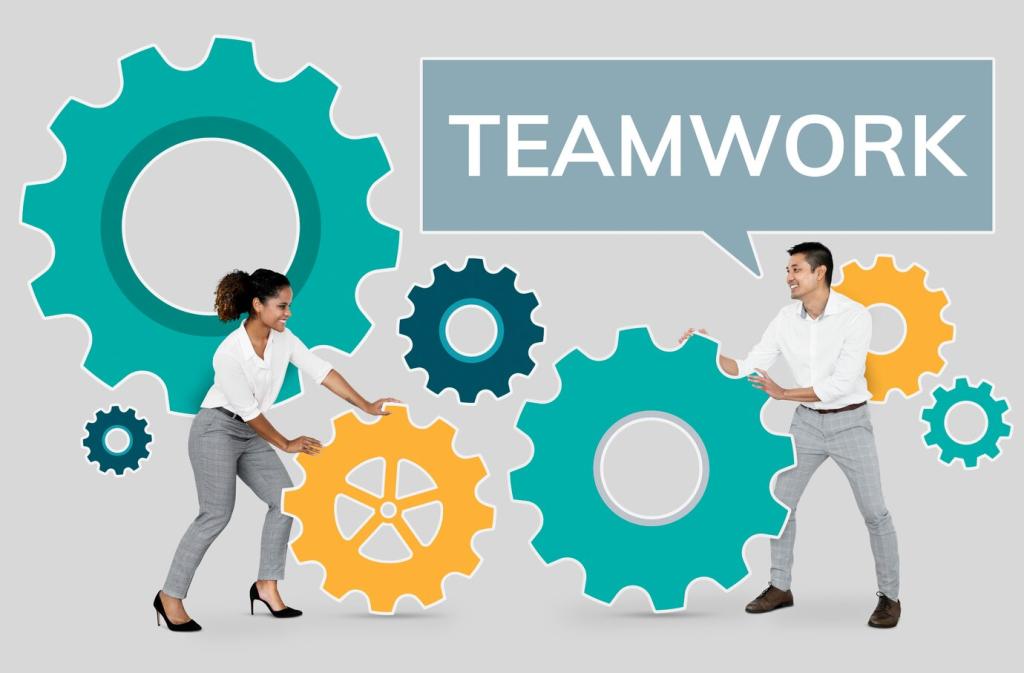
The Role of Team-Building Retreats in Fostering Innovation
Team-building retreats have emerged as a fundamental strategy for organizations eager to ignite creativity and develop innovative solutions. Moving beyond traditional workspaces, these retreats provide an environment where employees can break out of their routines, connect with their colleagues on a deeper level, and collaboratively generate new ideas. By addressing both social cohesion and the exchange of diverse perspectives, team-building retreats create the perfect conditions for innovation to thrive.
Creating a Collaborative Culture
01
Breaking Down Hierarchies
During retreats, employees and leaders interact in informal settings that level out traditional hierarchies found in the workplace. This relaxed structure allows voices from across the organization to be heard, empowering those who might hold back in more formal environments. When hierarchy is minimized, all participants feel a sense of belonging and value, creating fertile ground for innovation. The freedom to express ideas without fear of judgment leads to greater participation and, ultimately, more creative solutions to organizational challenges.
02
Facilitating Cross-Departmental Interaction
Team-building retreats often bring together individuals from different departments or disciplines who might rarely collaborate during regular workdays. This mingling fosters unique combinations of skills and perspectives, encouraging fresh approaches to problem-solving. When diverse talents intersect, the resulting synergies can spark ideas that no single department could have conceived alone. The cross-pollination of expertise not only drives innovation during the retreat but also establishes lasting connections that benefit ongoing projects.
03
Encouraging Open Communication
Open communication is a critical ingredient for cultivating innovative thinking. Retreat settings remove many everyday workplace pressures, enabling frank and honest conversations. Structured activities and informal discussions alike create safe spaces for team members to challenge assumptions, share nascent ideas, and provide constructive feedback. As participants practice active listening and empathy, trust builds and communication flourishes, paving the way for creativity to blossom within teams.
Sparking Creative Thinking

Breaking Routine to Stimulate Ideas
Monotony and rigid schedules can stifle creativity in the workplace. Retreats offer a distinct change of pace and scenery, breaking the mental blocks that hinder imaginative thinking. New environments, novel challenges, and unstructured time free teams from entrenched patterns, inspiring them to look at problems from fresh angles. This shift in context can catalyze a rush of original ideas that reinvigorate both team morale and organizational innovation pipelines.

Structured Innovation Exercises
Retreats commonly feature structured exercises designed to foster brainstorming, lateral thinking, and problem-solving. Facilitators might set challenges that push teams to envision unorthodox solutions or navigate simulated scenarios requiring teamwork and inventive approaches. These exercises not only flex creative muscles but also teach participants how to harness group diversity to tackle complex issues. Over time, these skills become intrinsic to daily workflows, driving sustained innovation long after the retreat has ended.

Encouragement of Risk-Taking
A retreat’s supportive environment reduces the fear of failure, making participants more willing to experiment with unconventional approaches. Leaders and facilitators can explicitly endorse risk-taking, reframing failure as a valuable learning opportunity rather than a setback. As attendees propose bold solutions and see their ideas taken seriously, their confidence grows. This newfound willingness to embrace risk is critical to innovation, as groundbreaking breakthroughs often lie outside the boundaries of conventional thinking.
Strengthening Team Bonds
Building Trust Through Shared Experiences
Trust serves as the bedrock for innovative collaboration, and retreats offer unique opportunities to build it rapidly. Through shared challenges, group activities, and social interactions outside the office, team members learn about each other’s strengths, vulnerabilities, and working styles. Experiencing successes and setbacks together fosters a sense of camaraderie that makes it easier to engage in open, honest dialogue back at work. A trusting team is more willing to share ideas, challenge one another constructively, and co-create inventive solutions.

